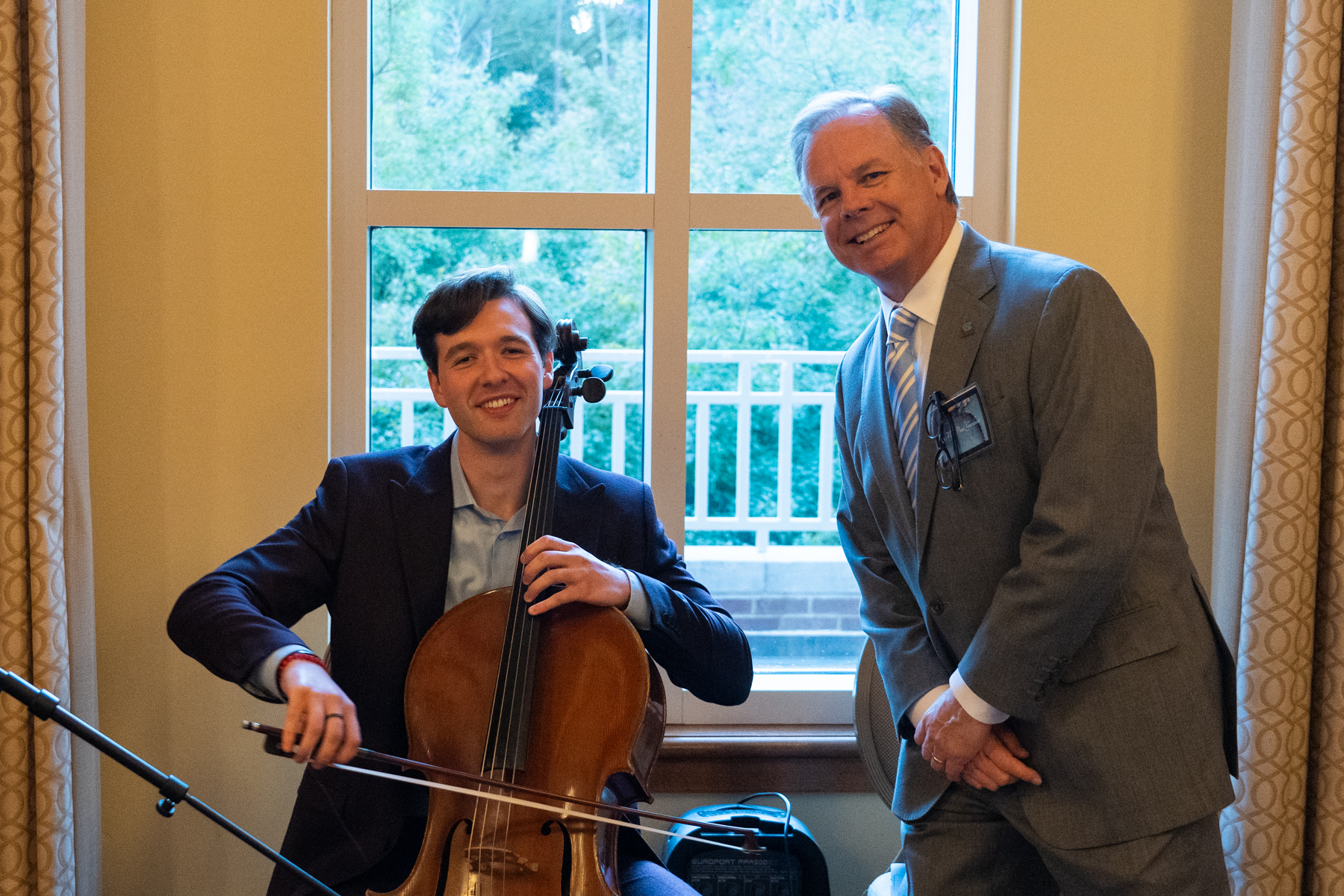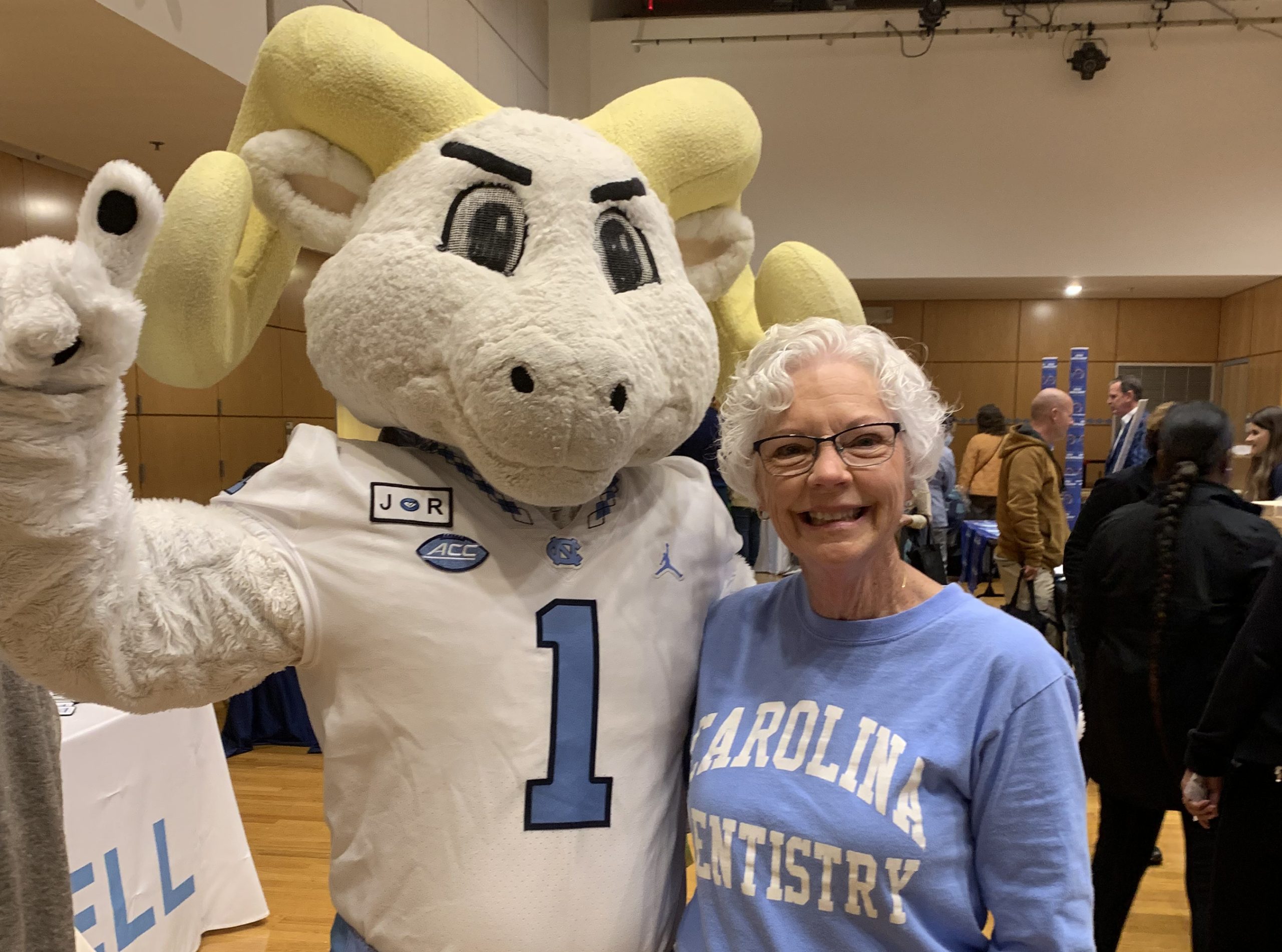Amelio Receives $2.5 Million NIH Grant for Salivary Gland Cancer Research

Antonio Amelio, PhD, associate professor at the UNC Adams School of Dentistry and the UNC School of Medicine Department of Cell Biology and Physiology, and a member of UNC Lineberger, was awarded a five-year, $2.49 million research project (R01) grant by National Institute of Dental and Craniofacial Research Center (NIDCR) to investigate the molecular mechanisms that control tumor cell differentiation in mucoepidermoid carcinomas, the most common type of salivary gland cancer, with the goal to develop better treatments and improve patient survival.
According to the American Cancer Society, salivary gland cancer affects 1 in 100,000 people in the United States – less than one percent of cancers in the country. Although it can occur at nearly any age, it is more common in older individuals.
Overall, 75 percent of individuals diagnosed with salivary gland cancers survive at least five years after their diagnosis. However, this rate drops to 44 percent, if the cancer has recurred or spread to other parts of the body. Amelio’s research aims to identify better therapies for treating salivary gland cancer patients, which will ultimately lead to better outcomes and survival rates.
“Current treatment options for mucoepidermoid carcinoma are limited and are not always completely curative. These tumors exhibit significant intra-tumoral cellular heterogeneity, and the presence of specific cell types in high grade tumors is directly correlated with the potential for tumor recurrence and/or metastasis,” Amelio said. “If we can better understand the gene expression profiles and differentiation programs that govern the various cell types found in these tumors, we may be able to design more effective therapies.”
The mission of the NIDCR is to improve dental, oral, and craniofacial health. They accomplish this mission by performing and supporting basic, translational, and clinical research; conducting and funding research training and career development programs to ensure an adequate number of talented, well-prepared, and diverse investigators; coordinating and assisting relevant research and research-related activities among all sectors of the research community; and promoting the timely transfer of knowledge gained from research and its implications for health to the public, health professionals, researchers, and policy-makers.
This article was originally posted by the UNC Lineberger Comprehensive Cancer Center.


